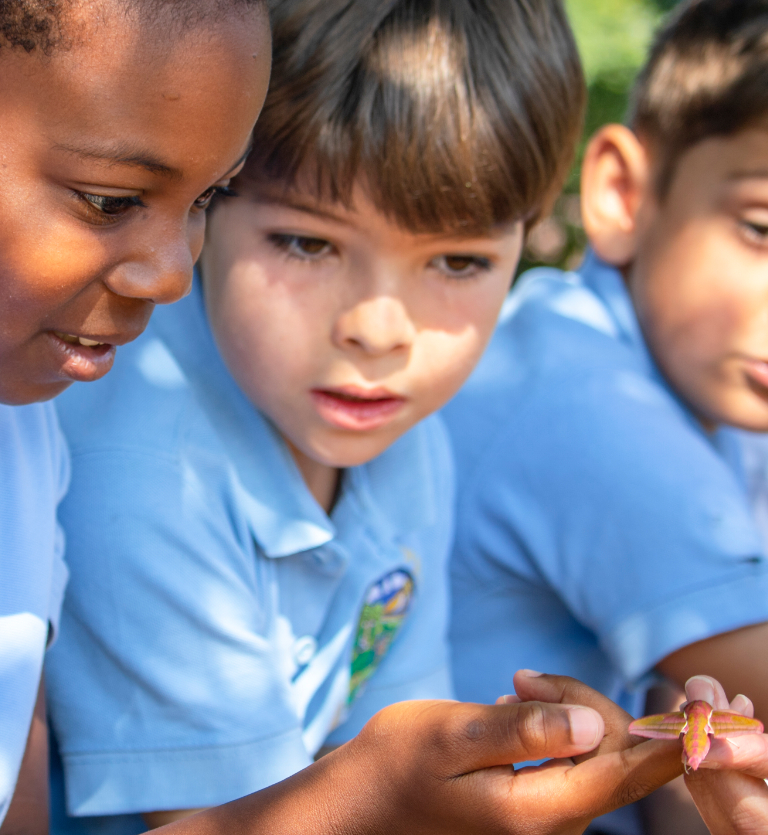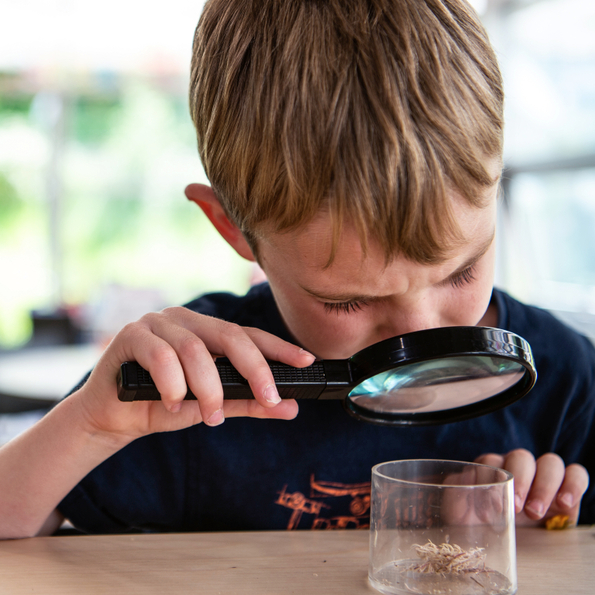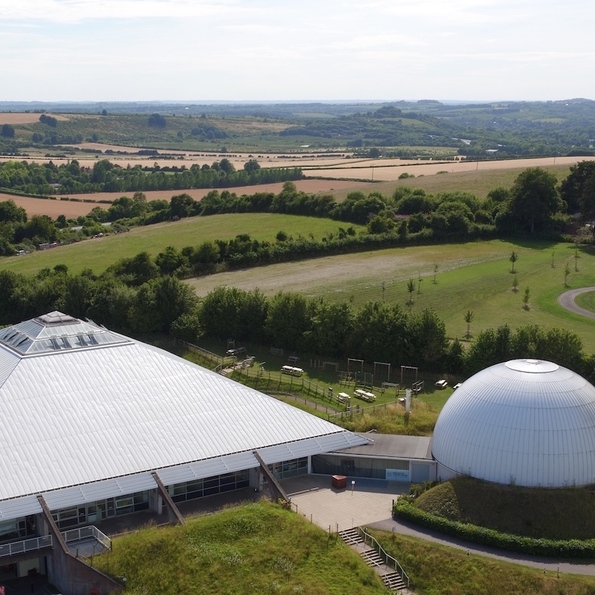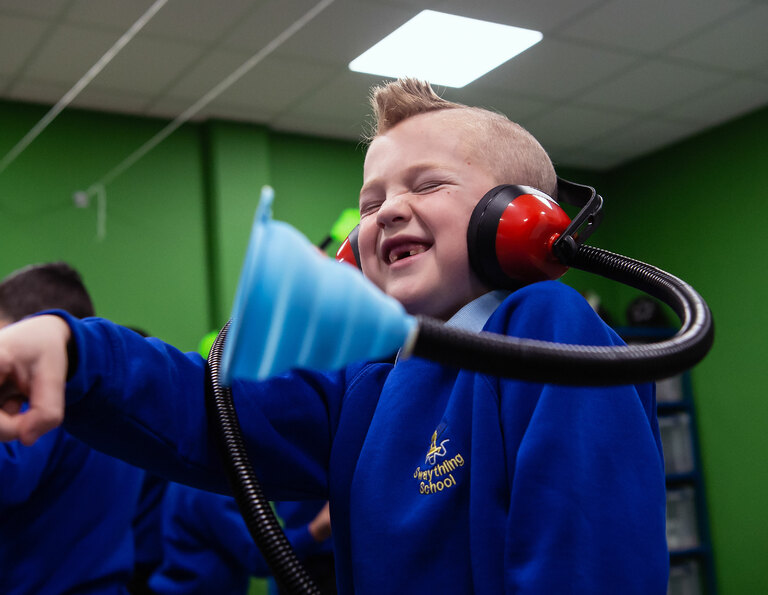Are you ready for an outdoor science experience?
We've teamed up with Butterfly Conservation to offer a brand new outdoor school trip for kids at our amazing outdoor environment. Come and enjoy a free two-hour outdoor science experience right in the heart of Magdalen Hill Down reserve before heading to the Science Centre to explore the two floors of hands-on exhibits.
Did you know that the Science Centre is just a five minute walk from Butterfly Conservation's Magdalen Hill Down reserve? Part of the South Downs National Park, Magdalen Hill Down is home to thirty-six different species of butterfly. You'll spot lots of wildflowers, insects and other wildlife here, many of which cannot be found anywhere else. It's also been designated as a Site of Importance for Nature Conservation by Hampshire County Council. Wow!
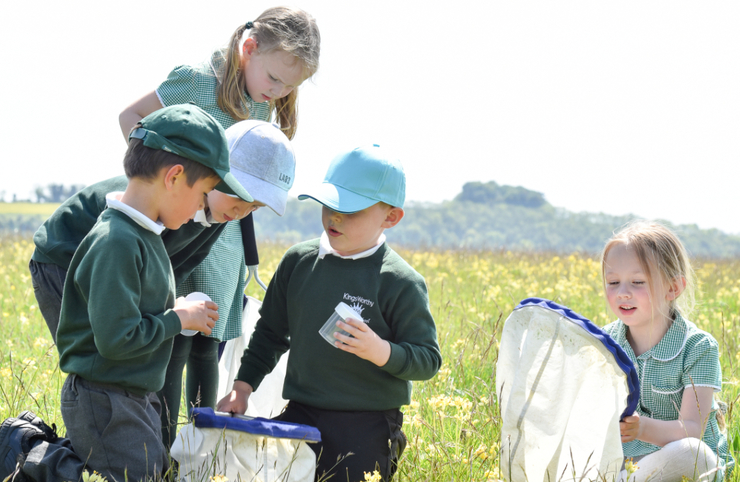
There are lots of fun activities ready to be tailored to suit the curriculum you are studying.
The first half of the day will include two workshops from Butterfly Conservation's offer:
Hunt for habitats
What’s living in the South Downs National Park? From hedgerows to wildflower meadows, let's find out what special features each habitat has. Learn how each habitat supports the growth and life of the wildlife that live there. Explore examples of human impact on environments, both positive and negative. What are the positive effects of nature reserves, artificial shelters or garden ponds, and human developments, litter and deforestation having a negative impact on nature habitats. Let's find out together!
Minibeast hunting
Now it's time for a nature adventure! Learn all about microhabitats before heading out on a walk through the South Downs National Park. How many minibeasts will you be able to find?
In the afternoon, you will experience all the fun of the Science Centre's two floors of hands-on interactive exhibits. On the upper floor, pupils can climb inside a giant guitar, explore the acoustic rocket and even learn some British Sign Language. And on the lower floor mini astronauts can blast off on a journey through Explorer:Space to discover more about what it’s like to live and work in space.
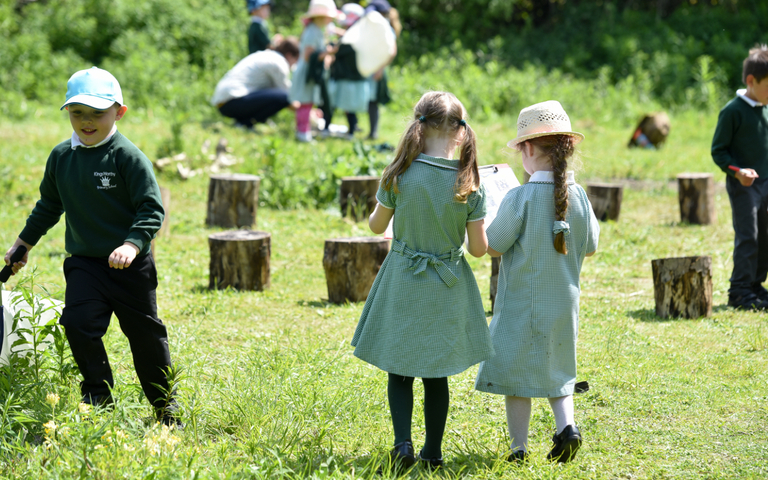
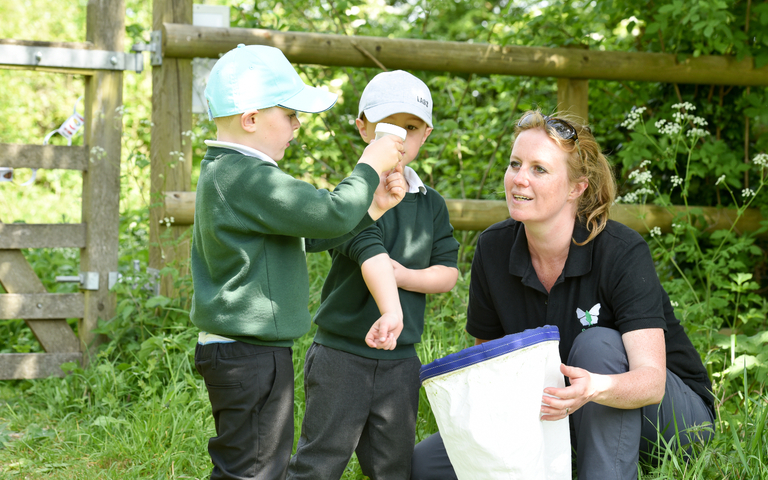
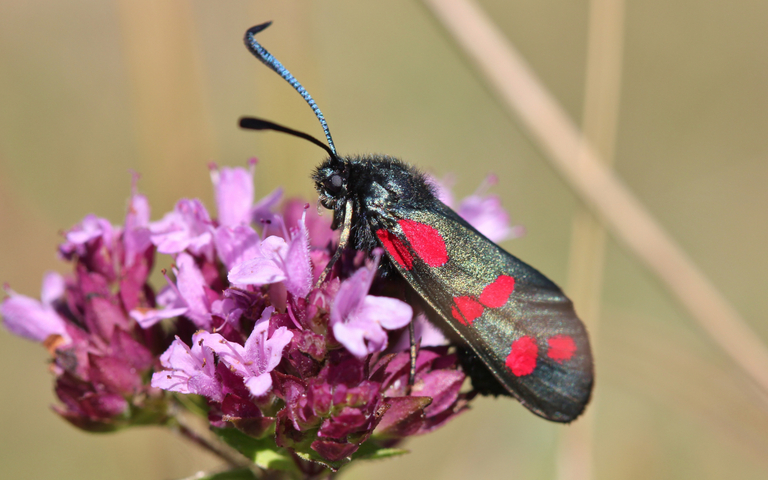
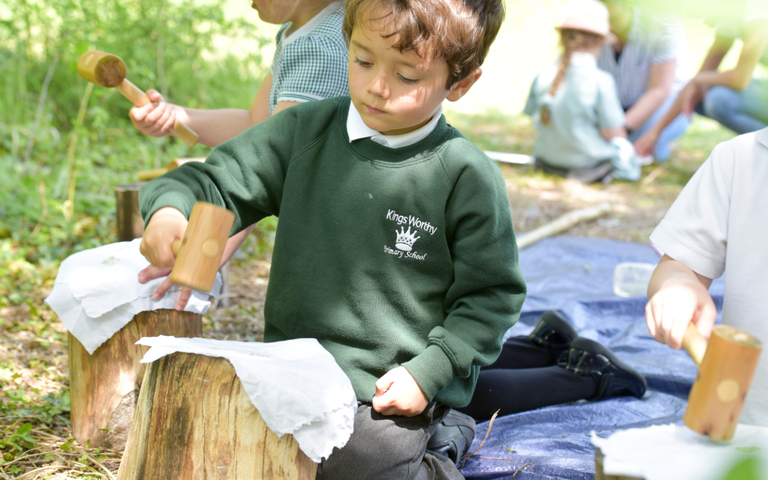
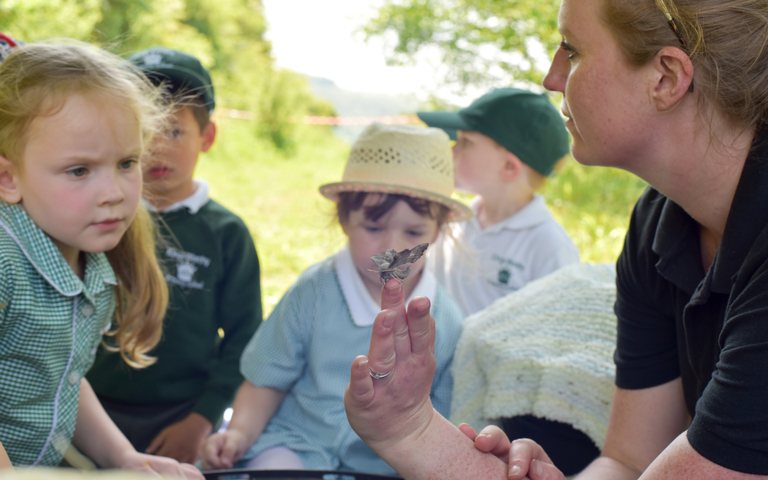


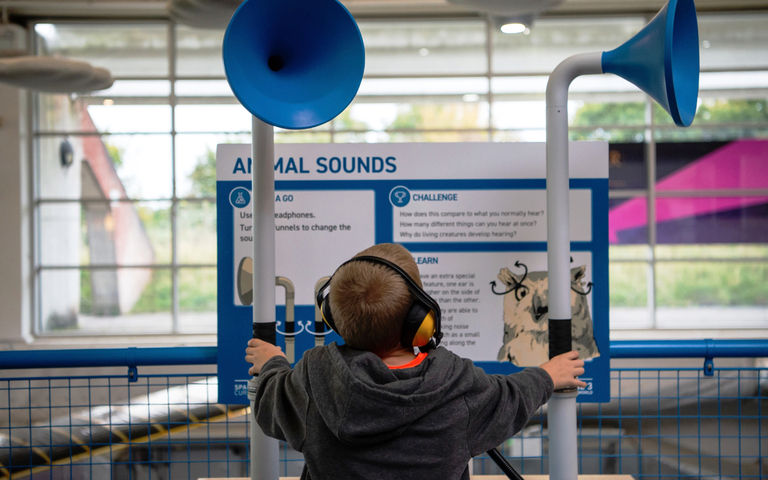
Useful information
- Get in touch with our education team to find out what dates are available for your outdoor school trip for kids..
- Trips take place between 10am and 2pm.
- Activities are perfect for Years R to 6. One class will take part in each activity at a time.
- Trips include two Butterfly Conservation workshops and time to explore the interactive exhibits at the Science Centre.
- You'll be provided with a dedicated lunch space in a covered outdoor area.
- There is free parking for minibuses and coaches at the Science Centre.
Who are Butterfly Conservation
Butterfly Conservation is a UK charity dedicated to saving butterflies and moths. These amazing creatures are important parts of the ecosystem. Two-thirds of butterfly and moth species are in decline. Butterfly Conservation maintains and enhances landscapes for butterflies and moths. They provide advice to landowners and managers on how to conserve and restore habitats. They gather extensive butterfly and moth data and conduct research to provide the scientific evidence that underpins their work. Visit their website for more information.

